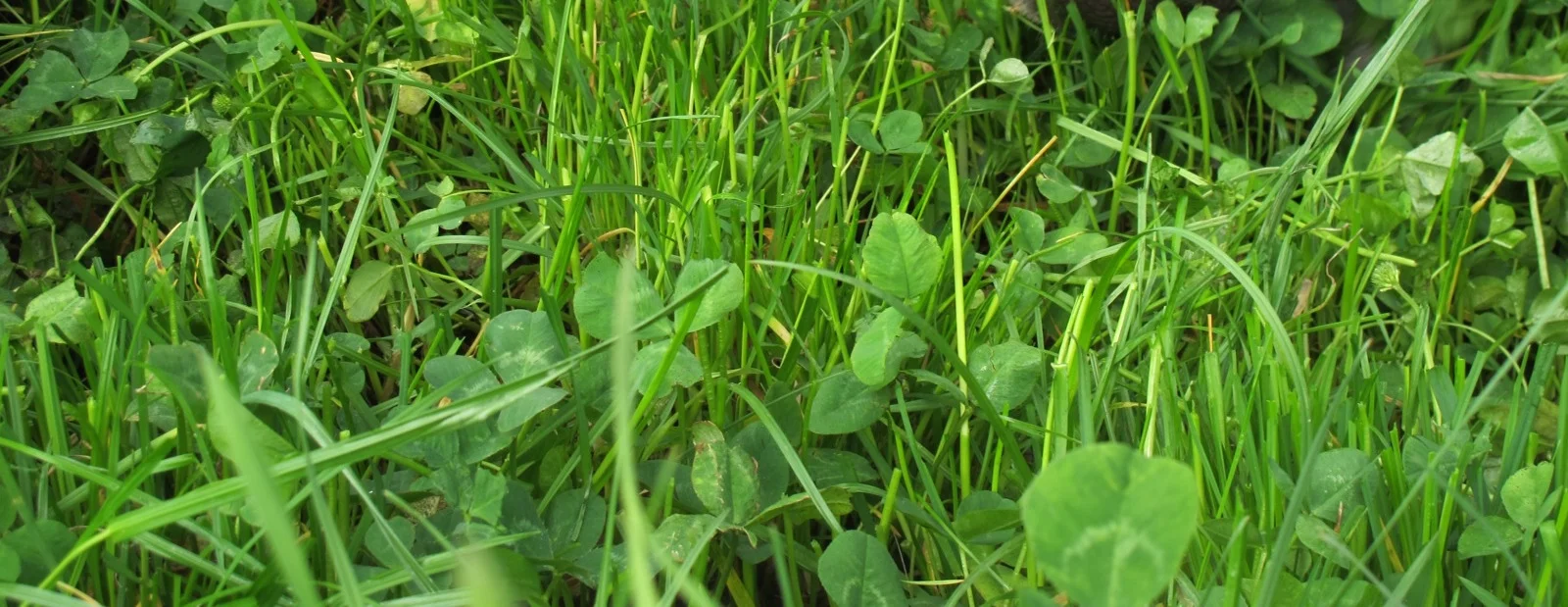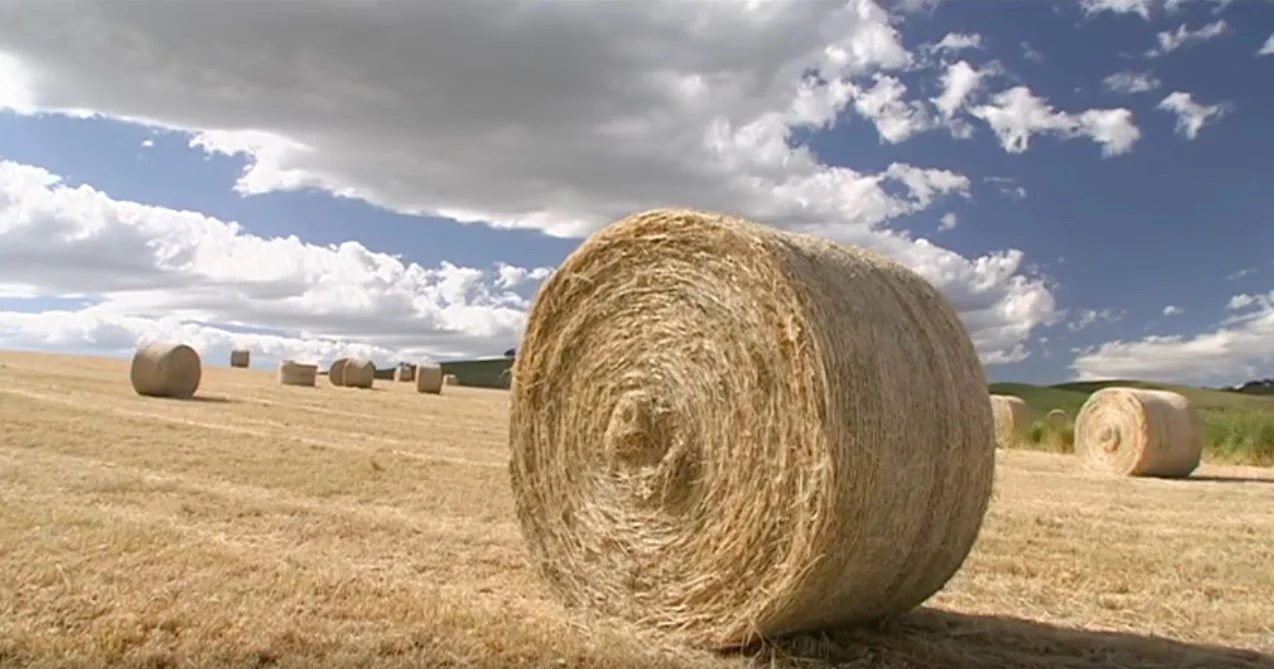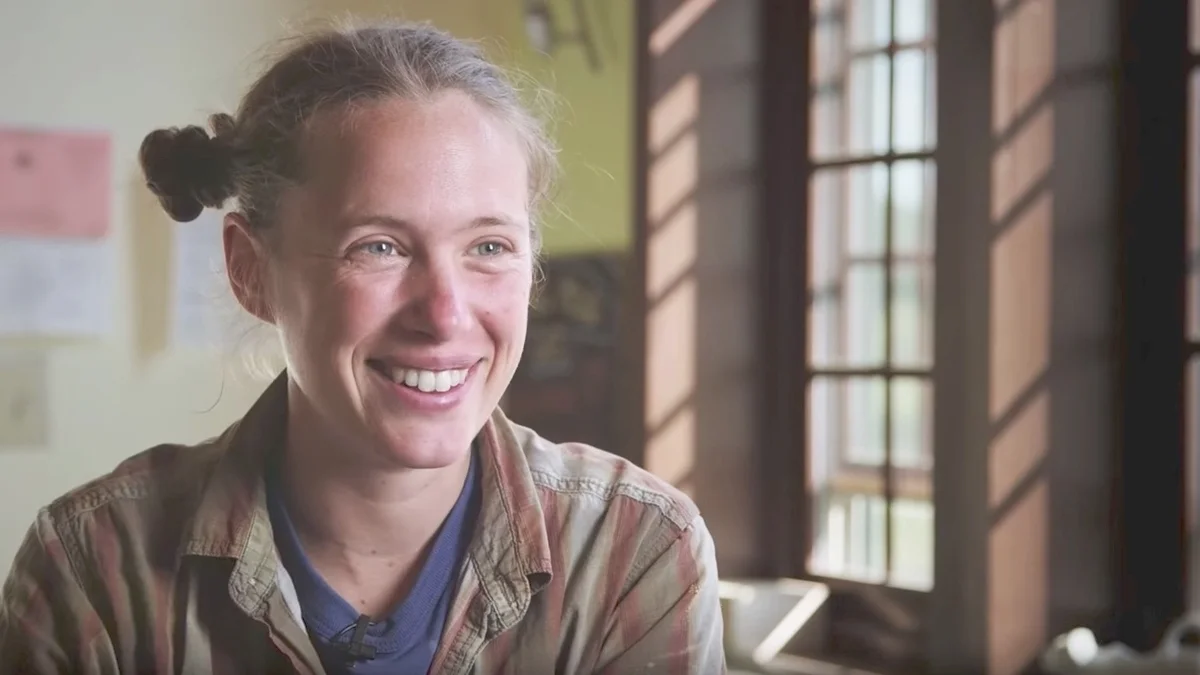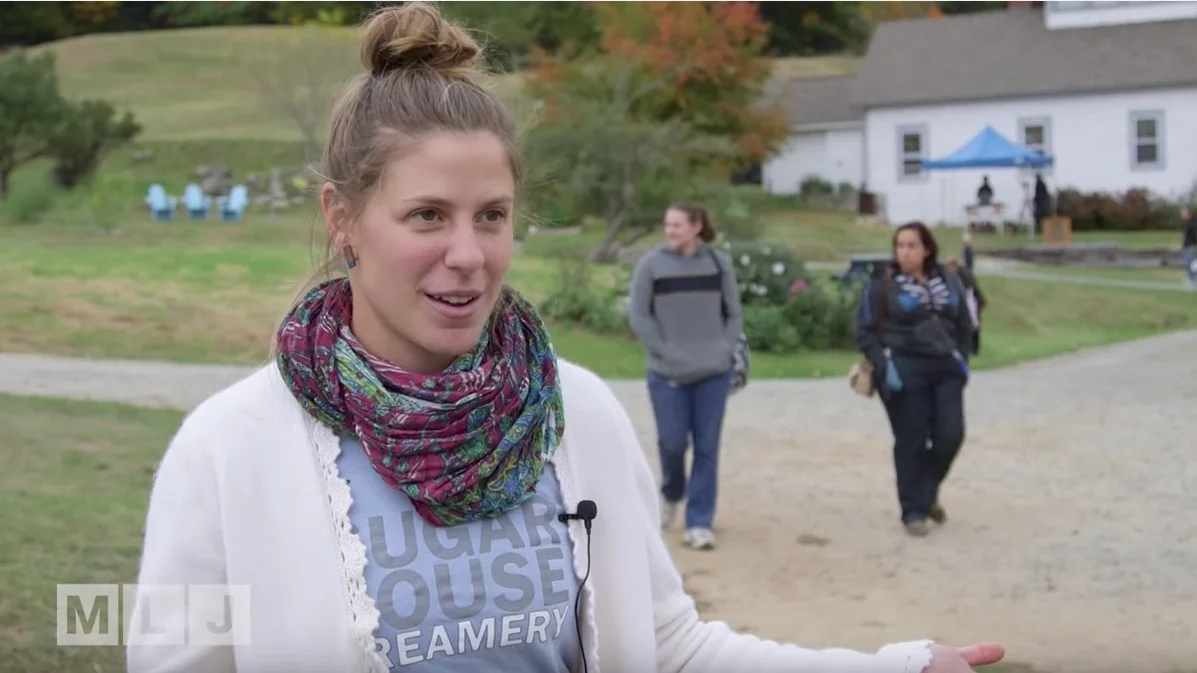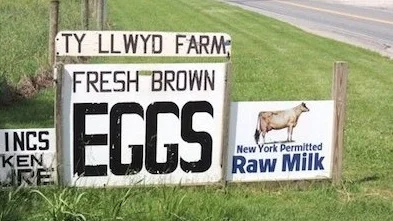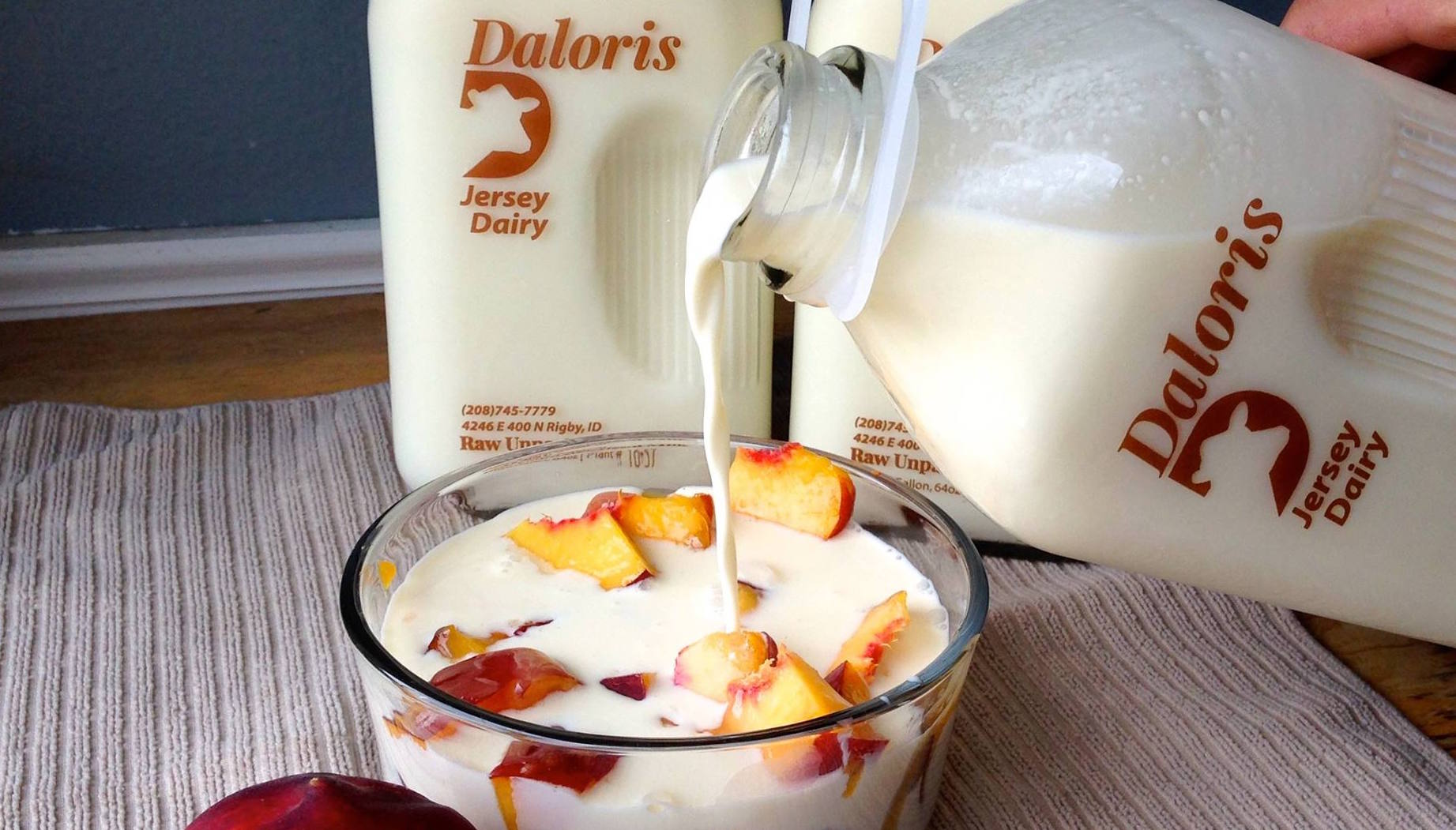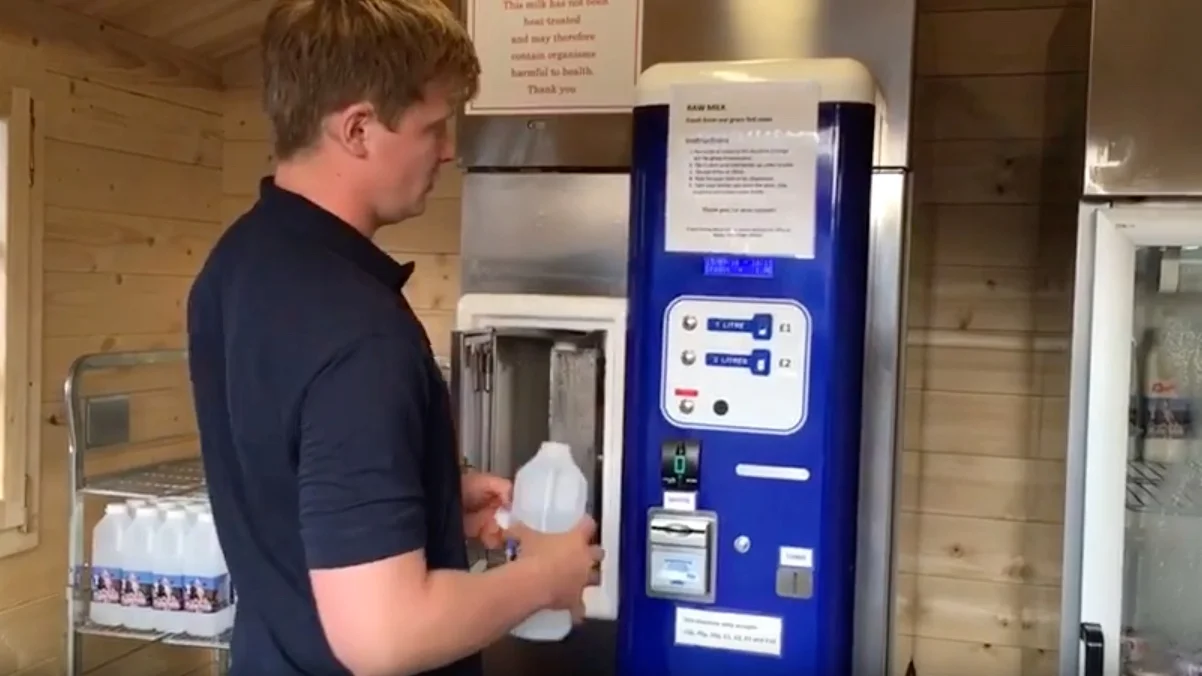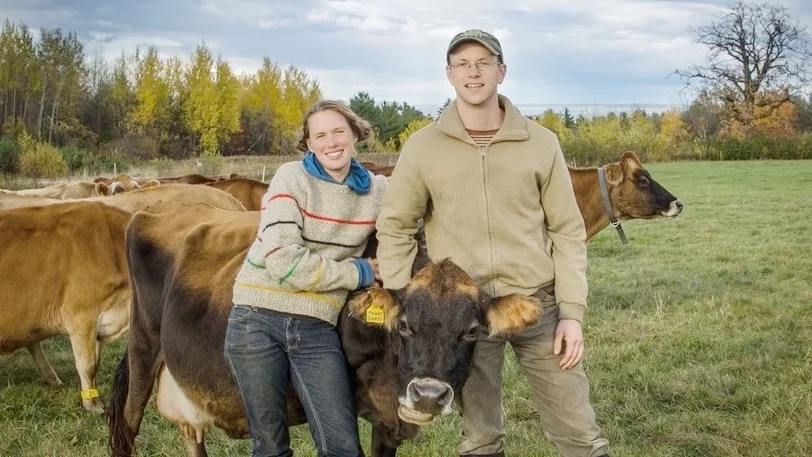October is Mental Health Month
Gippsland Jersey recently posted the following words of wisdom on social media:
"Connecting with others is important for our health and survival. Feeling connected, valued and loved by others gives us a sense of security, support, purpose and happiness. Close connections and good relationships with others allows us to enjoy the good times in our lives and helps us deal with the hard experiences we face."
They recommend MensLine Australia 1300 78 99 78 anytime, anywhere for a conversation with a trained mental health professional.
Farmer suicide in Australia
In Australia a farmer is twice as likely to commit suicide. There are many organisations looking into this phenomenon but few reach down to the uncomfortable core issues.
Farmers want to farm but the culture in agriculture is "get big or get out". Many farmers already know that borrowing money to get big does not mean they will have access to more money to pay off their debts. They have also seen examples that getting bigger can create ethical dilemmas, social problems, pollution of our waterways etc. It may also lead to losing one's farm because big is not necessarily financially sustainable. Some farmers are in despair from financial exhaustion and watching their families suffer. There may be no food on the table at times. Bank foreclosure may be eminent. Some farmers may feel extreme guilt and failure because previous generations made it work in tough times. They may feel alone without an ability to help themselves or an avenue of diversification. They may see the bank
swooping closer like vultures. They may start to believe that there is no reward in living anymore. They may start to believe that they have no self-worth or anything left to offer their families.
Government ignorance
Farmers and consumers have seen many examples that government and other organisations in Australia seem to support only large and industrial agriculture. People are concerned about the fact that issues facing small-scale producers are ignored by politicians. Inappropriate, burdensome regulations and red tape for small producers do not seem to concern authorities. They seem to be blind to the real risks in food production and to the benefits of regenerative agriculture. They take no responsibility for the fact that they can help, but won't help. They make it easier for big agriculture to make more profit and in the process disadvantage and sink small family farmers further. More and more Australian land have become available for purchase, which have been snapped up by international buyers.
Video: Meet four Victorians who are doing what they can to beat farmer suicide. It's estimated that farmers commit suicide at twice the rate of other Australians and the National Centre for Farmer Health wants to know why. It was urging farmers to take part in The Ripple Effect, an online survey that aim to find out about experiences of suicide and de-stigmatise it. 11 Dec 2016.
Grow social responsibility and support for the community
It is important that farmers have a support system they can rely on. No one slots into that role better than the consumer.
There are times when 'consumer connected' farmers need to be able to draw on a long standing relationship with the local community, not some unknown consumer in some far off location with middlemen in between taking the consumer connection and profit away.
It is time Australians bury the belief that industry's way of life is of greater importance than any of the alternatives people want to participate in.
Overseas examples show that when farmers produce raw milk for human consumption, they produce a highly valued product that consumers will defend and stand up for. Consumers generally want to be the first to hear if the farmer has some kind of problem or difficulty keeping the supply of milk going. Some consumers may offer money or to act on the farmer's behalf to remedy any problems that may arise. They rally behind their food producers because they need the food for the health of their family. These consumers feel a social and moral duty to dairy farmers that government and big business sorely lack.
Australian dairy farmers who cannot sell milk direct to the consumer are often trapped in the commercial milk system. They are often isolated and they are at an economic disadvantage. The video above suggests that isolation is behind farmer suicides. "It is estimated that farmers kill themselves at twice the rate of other Australians." The National Centre for Farmer Health in conjunction with other organisations created a project called The Ripple Effect. It tapped into social and community networks to learn more about farmer suicides. The study looked at the existence of mental health and social issues, but not really the underlying causes, which seems to be both so pervasive and buried in the subconscious that it is hard to look at. Some truths just happen to be so inconvenient and politically incorrect that it entails dealing with intense energy that may not necessarily be easy.
There is a predatory element involved in the Australian food system with the deliberate desire to disadvantage any competition. They have a hunger for global economic power and advantage because they are afraid of the relentless spiritual changes sweeping across the planet that demand transformation of the status quo. They monopolise the laws and regulations of this land for their own benefit because they are afraid of being put at an economic disadvantage themselves.
At present the fear of being intimidated or disadvantaged are keeping farmers, the general population, scientists and the media mute. However when something is buried down deep it has more sway and power over us. Once something is out in the open it is easier to deal with than when it was hidden. Australians need to develop the vision to see, go deeper and uncover things that were previously too unpleasant to think or talk about. Being financially disadvantaged is a real reality in rural Australia but it is preventable.
In this American article we can certainly see the parallels to our own history. What happened? Who is to blame for the demise of an entire way of life? For the collapse of rural America and Australia? It’s the policy that interferes with the natural rules of supply and demand and encourages farmers to “get big or get out.” It is the endless export rhetoric instead of encouraging local food systems. It’s the high grain feeding, the borrowing to expand, more expensive inputs like seed, chemicals and equipment. See this short documentary about how industrial agriculture can rob both local economies and international economies when exports dominate and local food is neglected: Too much Milk in Europe The rot goes deep…
Important social and mental health issues still go unaddressed
Many Australian organisations involved in suicide prevention and research are doing a good job at offering support, however they still do not address some core issues. This is alarming. Consider the two following statements:
Farmers are unlikely to consider suicide if they can make a fair living doing what they love while receiving direct support and a fair price from a grateful community who know the true value of the product in its natural form, like fresh, unprocessed milk.
Research into the microbiome show people are less likely to suffer from depression and other disorders when their guts are packed with diverse species of beneficial microbes protecting them from pathogens in the food system.
Community Supported Agriculture and the social interaction around ethical and sustainable food
This is a great way to both end the isolation and the economic disadvantage.
Re-connect dairy farmer and consumer!
Overseas examples show that dairy farmers selling RAW MILK direct to the consumer enjoy great relationships of support. There is frequent social interaction as people visit the farm for their favourite food. People get to know each other and share each others joys and concerns. There is a warm consumer connection and solutions are born. Producers are at the receiving end of gratitude very often because the product has great value. Farmers get a 'social recharge' and many rewards to keep farming. Raw drinking milk (RDM) production restores the health and wealth to pastoral communities.
Video: Burger night with the Herd at Chaseholm Farm: a sense of community develops where farmers connect with consumers over good food. Burger Night is now a monthly community tradition between May - September that attract as many as 150 people. Cowboy Jim Wright and his band, the Hay Rollers. Sep, 2015. 5 minutes
ARMM have posted many stories about the remarkable wave of social interaction seen overseas between raw milk producers and their communities. Consumers love to visit the farm, attend festivals, fundraisers, competitions and gatherings. It is also wonderful to see how new enterprises and 'food hubs' often rise up around these farms or around milk collection points.
Some of the many examples are the way the community and surrounds in New York state come together on farms like Chaseholm Farm, North Country Creamery, Sugar House Creamery and Essex Farm. These farmers are good examples of a new generation of farmers who are lapping up the freedom to create their own style and culture with a focus on regenerative farming. The community are enjoying a wave of smart entrepreneurial and creative young people who are coming into farming at a time when most seem to be exiting it. The average age of the farmer in the USA is 60+.
It is up to a grassroots movement of young people with new ideas to start producing good food. The particular success of these creative farmers comes from the fact that their farming community had been so weakened by the ravages of industrial agriculture. There were no expectation of them to farm in a certain way. That has paved the way for them to get creative really quickly and develop an independent spirit. They also enjoy incorporating their own particular ideas within the regulatory framework of producing raw milk, raw milk cheese or both, as all these farms are doing. The fabric of society is restored.
“We’re finding that by building a team and trusting the community to help us, but also asking the community for help, we’ve been able to create something powerful that we didn’t set out to do.” - Mark Kimble from Essex Farm.
Video: Small farms and Community Supported Agriculture are spreading in Essex County, NY. July 2015 Video by MLJ.
An avenue for social and economic recovery
Here are four reasons why so many young and new farmers are coming into this market:
1. the rise of the direct market model
2. proof that small scale-farming can be very profitable
3. a fair, existing framework for producing and selling raw dairy
4. local food for locals to enjoy
Farmers are able to set their own terms and their own price and that is making farming more economically viable than for previous generations. The abundance created by the social interaction are curiously infectious. Local communities are eager to participate. They gather at events hosted on the farm, they enjoy Community Supported Agriculture (CSA's) together, farms sell each other's products in farm stores, they capitalise on tourism in the area and mentors take on leadership roles to teach new young farmers to go on to start their own farm. Many of these young farmers do not own land. However after a period of apprenticeship many have found opportunities, through a variety
of ways, to start their own farm. Click here to learn how the young couple from North Country Creamery purchased their farm and now produce raw milk and raw milk cheeses. This particular area in New York state is undergoing what some describe as a 'small farm movement'.
Producing good food and sharing the bounty in the community is like second nature when given the chance. People want to enjoy the connection to a human collective with diverse skills and human resources. It is inspiring to see how the framework for producing raw dairy well and the freedom to sell it direct to the consumer have resulted in this kind of social well-being.
“Bring food back to local level.” - Rhonda Butler from Asgaard Farm and Dairy
Video: The crowds at a tour of three artisan cheese farms in Essex County, NY. Meet the cheese makers who are a growing segment of a new generation of farmers in the Adirondacks. These farmers are enjoying their daily work because of a direct connection with the consumer on the farm over products high in value that is satisfying and economically viable. October 2016. Video by MLJ.
Australians also want to access community benefits and raw dairy products in particular. Many want to build systems of protection around local raw dairy producers to ensure ongoing supply for their families to enjoy.
ARMM would also love to be able to host festivals and educational events on a raw dairy farm. Join the #rawmilkrevolution
Related Article:
Video: ABC TV news looks at Farmer Suicide in Australia
Joel Salatin at Jonai Farms event
Cut food red tape, small producers
Attack on small scale dairy in Australia
Farmers push to legalise raw milk
SA dairy farmers Helen and Mark Tyler fined $17,500 for selling raw milk through cow share business
Fact check: Does a farmer die by suicide every four days in Australia as Bob Katter says?
Australian Raw dairy farmer fined $50,000+
Stressed, antisocial calves? Calf brushes can help
Victorian Government Welcomes Feedlots and Rejects Free Range Pigs & Poultry
Young farmer took his own life after suffering mental break down
Australian Dairy farmers lead renewed push to legalise raw milk
“Victoria’s War on Sustainable Agriculture” – Blogpost by Ant Wilson
A lesson in Power and Corruption? (in Victoria)
Prom Coast Collective: South Gippsland Farmers taking control with new sales model
Video: Organic Sustainable Farming is the Future of Agriculture - Wairarapa Eco Farm New Zealand
Video: Say Cheese! Facebook / YouTube
Video: An Australian Farmer's Story
